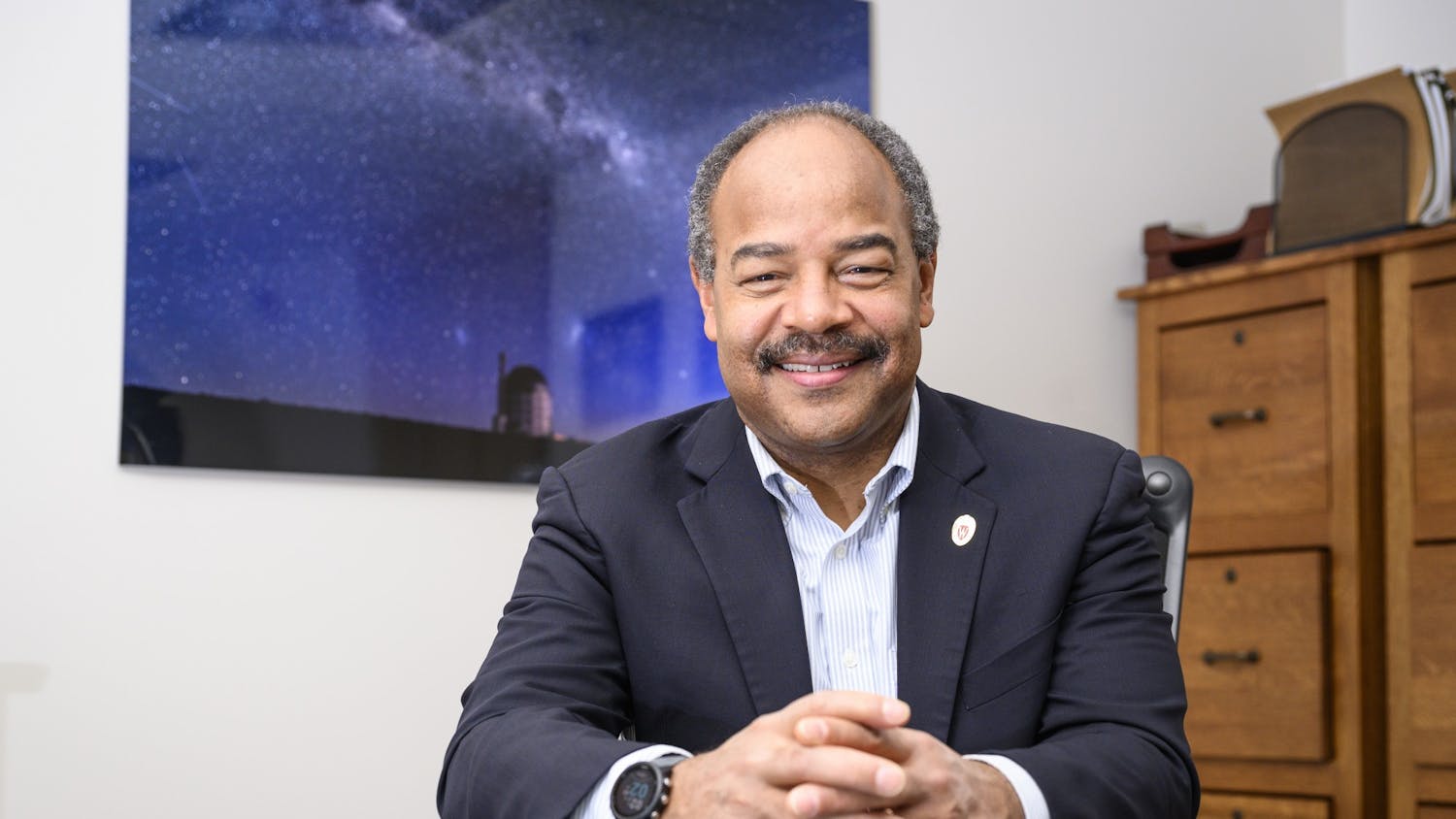Gov. Tony Evers signed bipartisan legislation in early August allowing approximately 8,000 registered nurses in Wisconsin to practice independently. Proponents of the bill say it will help address workforce shortages in health care.
“Nurses play a critical role in our healthcare workforce, and I’m proud of our work to expand opportunities for nurses to not only grow their career but create a system that allows for more advanced practitioners here in Wisconsin,” Evers said in a statement.
Previously, Advanced Practice Registered Nurses (APRNs) — nurses with a graduate level degree with specialized training — were only able to practice independently under a collaborative agreement with a physician. Now, APRNs can practice alone, a move supporters claim will increase health care access as 44 of Wisconsin’s 72 counties reported a health care professional shortage.
“We are all deeply aware of the workforce challenges we face in our state when it comes to the healthcare industry,” Sen. Patrick Testin, R-Stevens Point, said in a statement. “APRNs will help close that gap and we are certain they will continue to step up and provide quality healthcare to everyone in Wisconsin.”
The law focuses on three main changes, including increasing the number of training hours under doctors to a minimum of 3,840 hours, increased oversight for pain management and ensuring patients are aware the provider is an APRN.
Although allowing APRNs to practice with more autonomy brings new opportunities to health care workforces, they are not a replacement for physicians Subeck said.
“Nurses will provide the services that they are trained to provide, that they already provide now in many of our clinics and health care settings. They'll just be providing it a bit differently,” Lisa Subeck, D-Madison, told The Daily Cardinal.
Subeck also said the law eliminates the old system of nurse-physician collaborative agreements that allowed nurses to practice independently, saying in certain regions “physicians would be an out of the area physician who just charged them a lot of money to have a collaborative agreement.”
The push for expanding APRN practice is not new. Evers previously vetoed two other versions of the bill. Modifications were made allowing it to now pass, mainly to appease the American Medical Association who was previously against the bill.
Sen. Kelda Roys, D-Madison, emphasized the urgency of expanding access at a time when the state faces critical shortages, saying “we do not have enough physicians, we do not have enough specialists, we don't have enough nurses or advanced practice nurses.”
A 2016 study found removing “restrictive scope-of-practice laws” modestly increased the number of primary care professions in the short-term.






